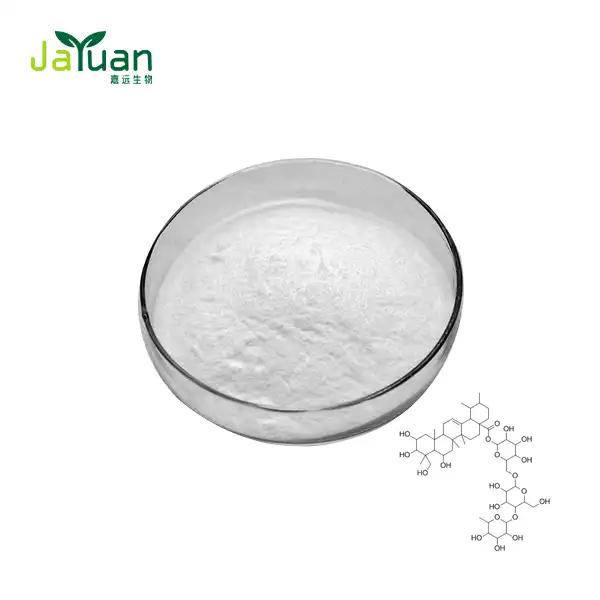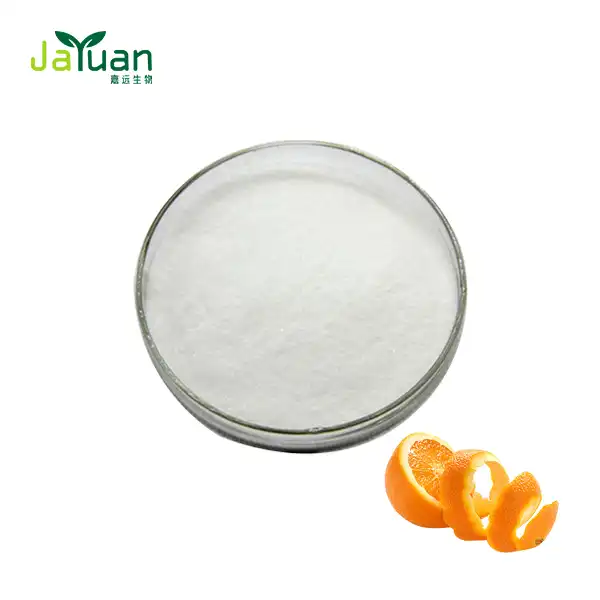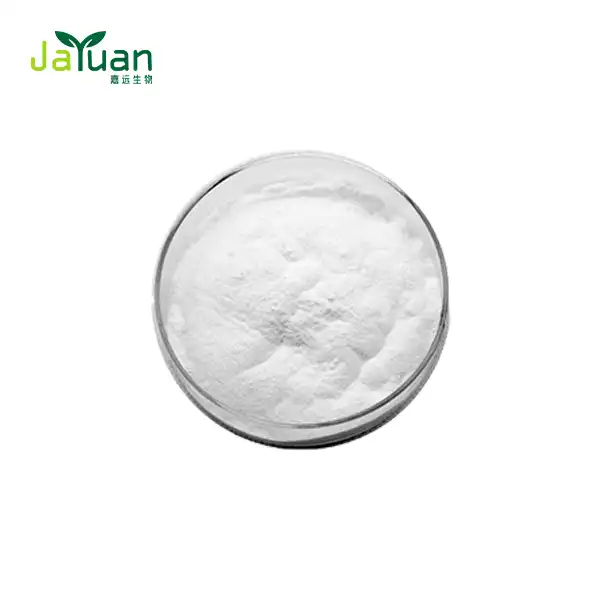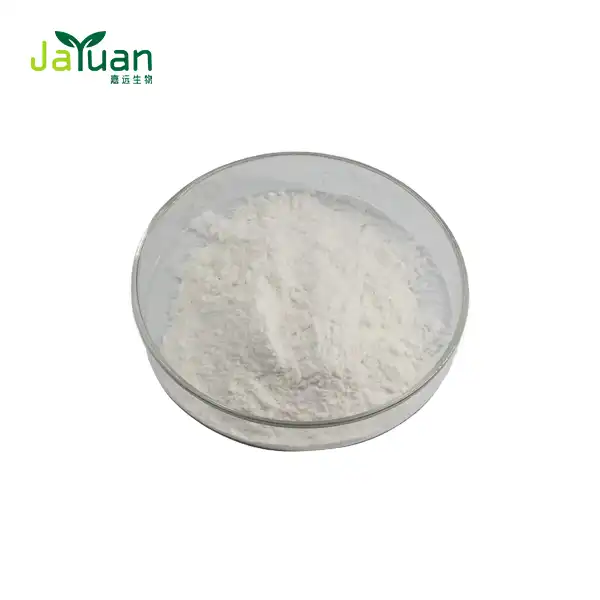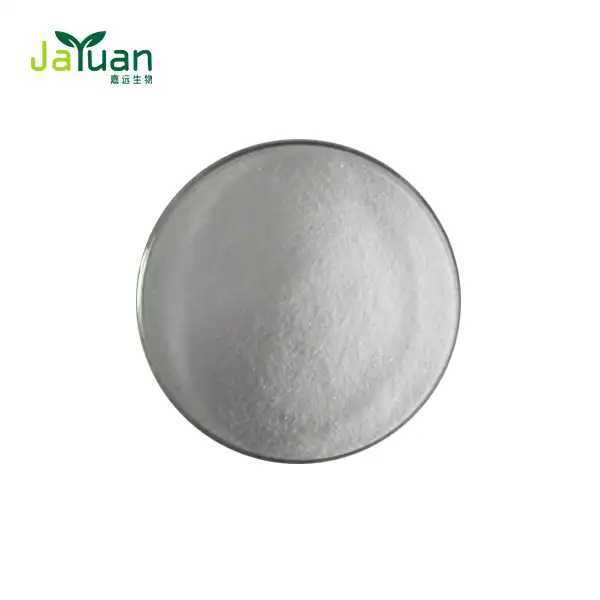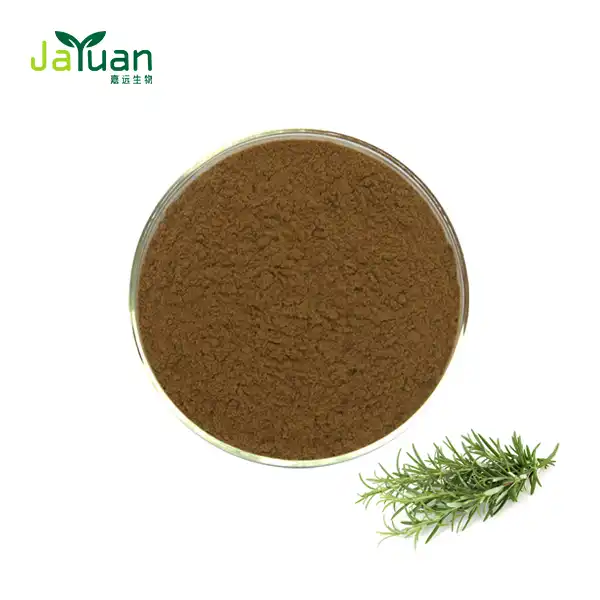What is Polygonum Cuspidatum Extract? Benefits and Uses
Polygonum cuspidatum, also known as Japanese knotweed, is a perennial plant native to East Asia. For centuries, it has been utilized in traditional medicine practices for its potential health benefits. In recent years, the extract derived from this plant has gained significant attention in the health and wellness community. This article delves into the world of Polygonum cuspidatum extract, exploring its benefits, uses, and how it compares to other popular supplements.
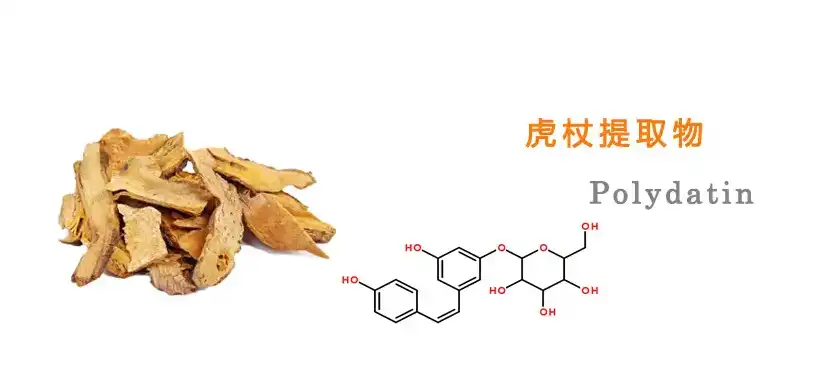
Top Health Benefits of Polygonum Cuspidatum Extract
Polygonum cuspidatum extract is rich in various bioactive compounds, particularly resveratrol, which contributes to its numerous potential health benefits. Let's explore some of the most noteworthy advantages:
Antioxidant Powerhouse
One of the primary reasons Polygonum cuspidatum extract has garnered attention is its potent antioxidant properties. The extract contains high levels of resveratrol and other polyphenols, which help combat oxidative stress in the body. These antioxidants neutralize harmful free radicals, potentially reducing the risk of chronic diseases and slowing down the aging process.
Cardiovascular Health Support
Research suggests that Polygonum cuspidatum extract may have a positive impact on heart health. The resveratrol content has been linked to improved blood lipid profiles, reduced inflammation in blood vessels, and enhanced endothelial function. These effects collectively contribute to better cardiovascular health and may lower the risk of heart disease.
Cognitive Function Enhancement
Emerging studies indicate that Polygonum cuspidatum extract might have neuroprotective properties. The antioxidants in the extract, particularly resveratrol, may help protect brain cells from oxidative damage and inflammation. This could potentially lead to improved cognitive function and a reduced risk of neurodegenerative diseases like Alzheimer's and Parkinson's.
Blood Sugar Regulation
Some research suggests that Polygonum cuspidatum extract may help regulate blood sugar levels. The active compounds in the extract have been shown to improve insulin sensitivity and glucose uptake in cells. This could be beneficial for individuals with diabetes or those at risk of developing the condition.
Anti-inflammatory Effects
Chronic inflammation is at the root of many health issues. Polygonum cuspidatum extract has demonstrated anti-inflammatory properties in various studies. By reducing inflammation throughout the body, the extract may help alleviate symptoms associated with inflammatory conditions and promote overall health.
Skin Health and Anti-aging
The antioxidant properties of Polygonum cuspidatum extract extend to skin health as well. Topical application of products containing the extract may help protect the skin from UV damage, reduce the appearance of fine lines and wrinkles, and promote a more youthful complexion.
How to Choose High-Quality Polygonum Cuspidatum Extract
With the rising popularity of Polygonum cuspidatum extract, it's crucial to know how to select a high-quality product. Here are some factors to consider:
Standardization
Look for extracts that are standardized to contain a specific percentage of active compounds, particularly resveratrol. This ensures consistency in potency and efficacy across batches.
Extraction Method
The method used to extract the beneficial compounds from Polygonum cuspidatum can significantly impact the quality of the final product. Opt for extracts obtained through clean, efficient methods like supercritical CO2 extraction or ethanol extraction.
Third-party Testing
Reputable manufacturers often have their products tested by independent laboratories to verify purity, potency, and safety. Look for products that come with third-party lab results or certifications.
Source of Raw Materials
The quality of the Polygonum cuspidatum used to make the extract is paramount. Choose products that use organically grown or wildcrafted plants from reputable sources.
Form and Bioavailability
Consider the form of the extract and its bioavailability. Some products may include additional ingredients to enhance absorption, such as piperine from black pepper.
Reputation of the Manufacturer
Research the company producing the extract. Look for manufacturers with a solid reputation in the industry, transparent practices, and a commitment to quality.
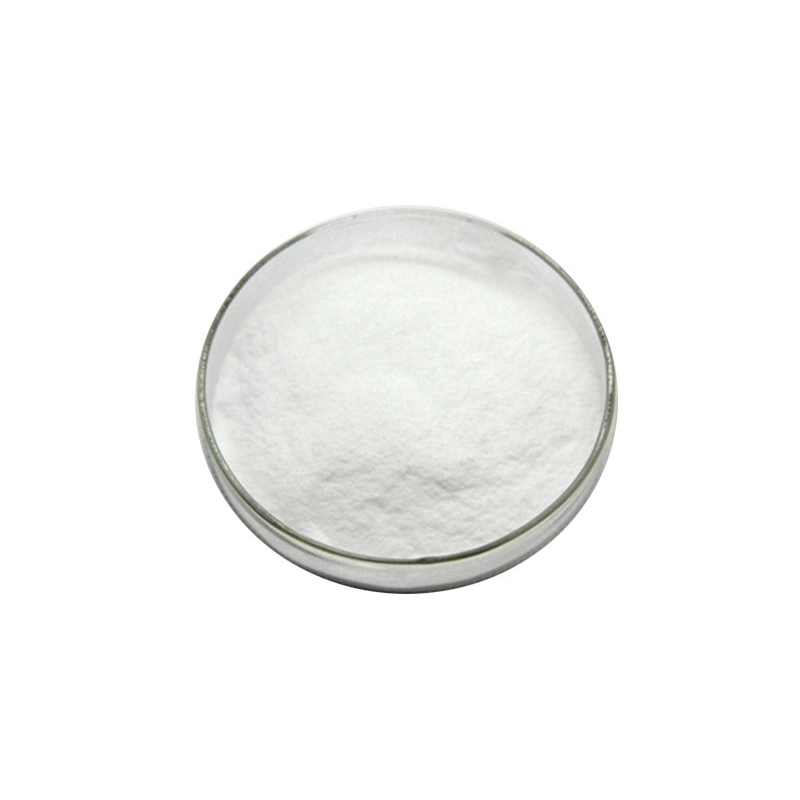
Polygonum Cuspidatum Extract vs. Resveratrol: Key Differences
While Polygonum cuspidatum extract is often sought after for its resveratrol content, it's important to understand how it differs from isolated resveratrol supplements:
Composition
Polygonum cuspidatum extract contains a complex array of compounds beyond just resveratrol. These include other polyphenols, flavonoids, and anthraquinones, which may work synergistically to provide health benefits. In contrast, isolated resveratrol supplements typically contain only the resveratrol molecule.
Bioavailability
Some studies suggest that the natural matrix of compounds in polygonum cuspidatum root extract may enhance the bioavailability of resveratrol compared to isolated forms. The presence of other plant compounds could potentially aid in absorption and utilization by the body.
Additional Benefits
Due to its diverse phytochemical profile, Polygonum cuspidatum extract may offer a broader range of health benefits compared to pure resveratrol. The other compounds present in the extract could contribute to effects not seen with resveratrol alone.
Dosage Considerations
The concentration of resveratrol in Polygonum cuspidatum extract can vary, so dosages may differ from those of pure resveratrol supplements. It's important to follow the manufacturer's recommendations or consult with a healthcare professional.
Natural vs. Synthetic
Polygonum cuspidatum extract is derived from a natural plant source, which some people prefer over synthetic resveratrol. However, both natural and synthetic forms of resveratrol have shown similar effects in studies.
Cost and Availability
Polygonum cuspidatum extract may be more cost-effective than pure resveratrol supplements, as the extraction process is often simpler than synthesizing or isolating resveratrol. However, availability can vary depending on the region and supplier.
Conclusion
In conclusion, Polygonum cuspidatum extract offers a natural, potentially more bioavailable source of resveratrol along with other beneficial compounds. Its wide-ranging health benefits make it an intriguing option for those looking to support their overall well-being. However, as with any supplement, it's crucial to choose a high-quality product and consult with a healthcare professional before incorporating it into your routine.
The world of natural supplements is vast and ever-evolving, with Polygonum cuspidatum extract standing out as a promising contender in the realm of health and wellness. As research continues to uncover its potential benefits, this powerful plant extract may become an increasingly popular choice for those seeking natural ways to support their health.
Are you interested in exploring the benefits of high-quality Polygonum cuspidatum extract? At Xi'an Jayuan Bio-Tech, we specialize in producing premium plant extracts, including Polygonum cuspidatum extract powder. Our team of experts ensures that each batch meets the highest standards of quality and purity. To learn more about our products or to place an order, please contact us at sales@jayuanbio.com. Take the first step towards enhancing your health naturally with Jayuan Bio's Polygonum cuspidatum extract today!
References
- Chen, H., et al. (2013). Antioxidant activities of Polygonum cuspidatum extract and its major component resveratrol. Journal of Food Biochemistry, 37(5), 605-611.
- Peng, W., et al. (2013). Botany, phytochemistry, pharmacology, and potential application of Polygonum cuspidatum Sieb.et Zucc.: A review. Journal of Ethnopharmacology, 148(3), 729-745.
- Xiao, K., et al. (2019). Protective effects of Polygonum cuspidatum on brain ischemia/reperfusion injury in rats. Chinese Journal of Natural Medicines, 17(6), 438-448.
- Zhang, H., et al. (2013). Comparative studies on the antioxidant properties of Polygonum cuspidatum and its major bioactive compound resveratrol. Natural Product Research, 27(12), 1065-1072.
- Lin, Y. C., et al. (2010). Anti-inflammatory effects of the ethanolic extract of Polygonum cuspidatum and its active compound, emodin. Planta Medica, 76(12), 1419-1424.
- Su, D., et al. (2013). Comparisons of the chemical profiles, cytotoxicities and anti-inflammatory effects of raw and rice wine-processed Polygonum cuspidatum. Journal of Ethnopharmacology, 147(3), 545-553.

